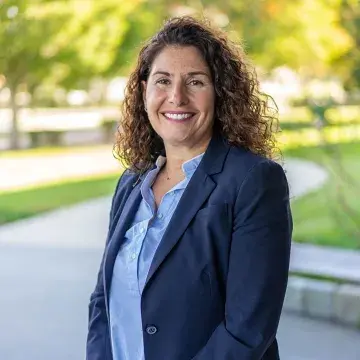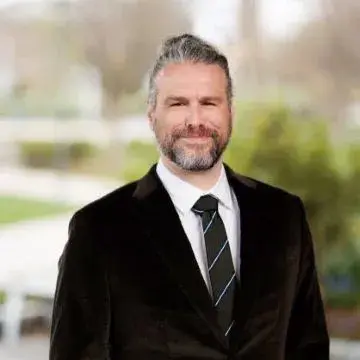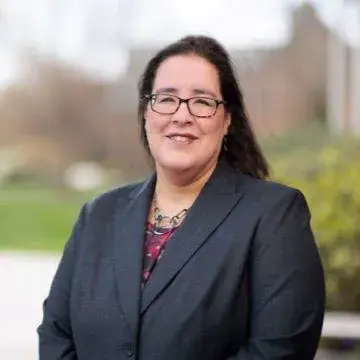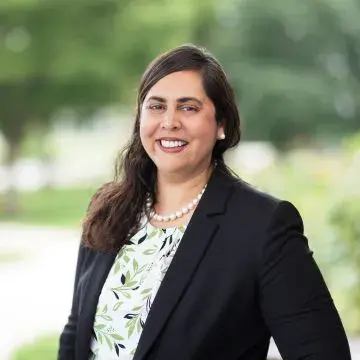
F1RST @ RWU LAW
Welcome First-Gen Students!
RWU Law understands that First-Gen students face a number of different challenges impacting their success in law school. This program exists to let these students be seen and heard. First-Gen students often are trained from their time in college to “go it alone” when it comes to seeking out support. Our goal is for First-Gen students to see that they are a part of the grand mosaic that makes up our community and connect them to the valuable resources and people at RWU Law. See below for information on various programs and resources we’ve developed to support our First-Gen students.
LEAD@RWULaw
The mission of the LEAD@RWULAW Pre-Orientation Program is to empower incoming law students to achieve their full potential through mentoring, learning, and leadership experiences. The goal of LEAD@RWULAW is to foster a thriving community of students who are supported and connected through meaningful relationships and opportunities for learning and growth. LEAD@RWULAW is designed especially for first generation law students and those without access to lawyer mentors.
First Generation Mentorship Program
The Mentorship Program matches incoming first-year students with an upper-level student mentor. The goal is to have someone to help guide incoming students through the transition into law school. While many folks may have survived college without seeking help, law school is very different and having a friendly face in the building to ask questions of is invaluable.
Mentors are expected to occasionally meet with their mentee throughout the year and help guide them. These can be simple meetings such as having lunch or a coffee together to just chat about what is going on in their lives.
Applications to become a mentor or a mentee go out in the first few weeks of the school year in late August and early September. Keep an eye out for deadlines and always feel free to reach out if you have questions.
Additional Programming
Throughout the year, we will do other dedicated programming. Examples from the past have included networking when you don't have a network and tips for writing final exam answers. These programs can continually expand to meet the needs of First-Gen students in the School of Law. If you have any ideas or requests, please get in touch with Christopher Gerlica.
Resources
Grades:
Q: When will you get grades?
A: Unlike in college where we got our full grades relatively fast, in law school we usually get them in mid-January. Our exams usually take longer to grade because they are longer than my college ones were. Professors usually take several weeks or up to a month to complete their grading.
Q: Why are you so worried about grades? You’ve always done well.
A: In the legal profession, our grades matter more than they did in college. Many employers ask for your transcript to make hiring decisions. While I have always done well, so has everyone else in law school. This means it’s overall a higher achieving group of students I’m compared with. Also, this is all new to me so the stress of taking different kinds of exams makes me worried about how I did.
Studying and Exams:
Q: Why are you studying so much?
A: The amount of knowledge I’m required to know for my classes is so much more than I had to know for my college classes. These are very different classes and this makes me worried about how I’m doing. Being in law school is a full time job and part of that is making sure I keep up with my reading for class and preparing other tools for when I have to study for finals.
Q: What is an outline?
A: An outline is something I create based on the notes I took all semester. This study aid keeps me organized and helps me make connections between different topics we’ve covered in class. My classes move fast and there is a lot of information so this is a way to manage all of that.
Q: It’s only one exam, why are you so concerned about your final?
A: Because my entire grade is based on this one test, it is very stressful. Unlike in college, I don’t have many opportunities to make up my grade outside of the final.
Work and Internships:
Q: Why can’t you work your first year?
A: I am working, as a law student. The amount of time that I need to have to study and learn how to learn the law takes up a lot of my time. This is all new to me and I need to approach it carefully and make sure my study skills are correct now to carry me through to the Bar exam. After my first year, I hope to have a handle on how to manage my classes and can take up part-time work in my second or third years.
Q: Why is an internship important?
A: Internships are important because employers look favorably on having experiences in the legal field. Since I haven’t had the chance to work in the legal field yet, this will give me skills that I won’t learn in the classroom. Also, internships are great opportunities to learn about the kinds of work and which kinds of employers I want to work for after I graduate.
Miscellaneous:
Q: What are you majoring in? (What law are you studying?)
A: Unlike in college, we don’t actually pick a specific area of law to learn. My first year classes are all the foundations I would need for any area of law. In my second and third years, I can take electives for areas of law that I might become interested in.
Q: Why are you calling/visiting less? We miss you.
A: I wish I could call or visit more. Law school is a very different experience than anything else I’ve done in my life and it requires a lot out of me. Know that I still love you and knowing that you love and support me keeps me going when this gets really hard. I recognize that my choice to go to law school also affects you as well and thank you for being patient with me.
Student Support
The Dean of Students Office promotes student success by acting as an advocate and an administrative liaison for students. The Dean of Students office is equipped to provide appropriate resources and guidance for a wide variety of student needs and concerns
Academic Excellence
The Academic Excellence Program provides a comprehensive network of presentations and workshops designed to stimulate learning and demystify the classroom experience. The program emphasizes study skills and exam-taking methods for all first-year students, and provides individual one-to-one academic counseling sessions for students at all levels.
Christopher Gerlica
Associate Director, Office of Career Development
401-254-4599
cgerlica@rwu.edu
Office of Career Development









